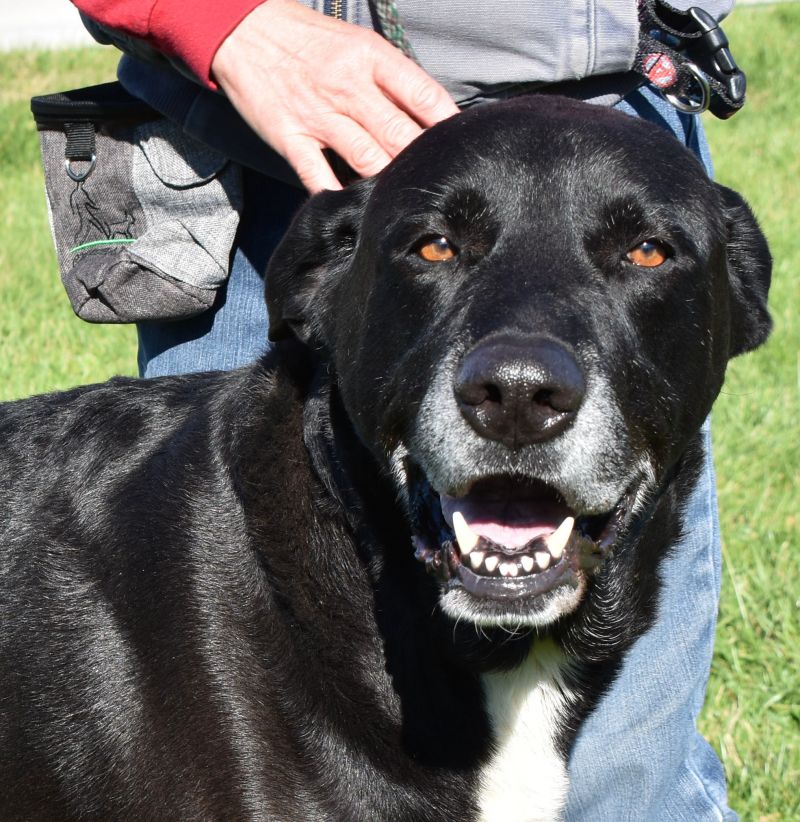Senior dogs can make some of the best, most loveable companions, but there are some extra considerations that need to be made if you have a senior dog or are considering adopting one. Here are things to be mindful of to ensure that your senior dog is having their needs met.
- Veterinary Visits – Given that senior dogs often have more medical issues arise, it’s even more important to make sure that your dog has regular visits to the veterinarian so that any issues can be detected and treated as early as possible.
- Nutrition – Senior dogs often have different nutritional and caloric needs than younger dogs. Therefore, it’s important to talk with your veterinarian about whether any changes should be made to your dog’s diet. Your veterinarian may also recommend supplements for your dog to ensure that their nutritional needs are being met.
- Dental Health – Dogs’ teeth have an even higher chance of infection as they age, which can lead to an increased risk of other health issues, such as kidney and heart disease. Therefore, make sure that you are making your dog’s teeth a priority by brushing their teeth, giving them dental treats, and taking them for professional cleanings if your veterinarian recommends doing so.
- Exercise – Just as exercise continues to be important to humans as we age, it’s important that older dogs continue to get exercise as well so that they maintain mobility and overall health. Pay attention to your dog’s behavior to figure out how much exercise is appropriate for your dog. If your dog seems to become tired more easily, then shorter walks may be necessary.
- Temperature – Senior dogs are more affected by temperature and weather than younger dogs, so be mindful of how your dog is responding in more extreme temperatures. You may need to monitor your dog more closely if they are outside on very hot or cold days and bring them inside quickly if necessary.
- Accommodations – You may need to provide more accommodations for your senior dog as they become less capable of maintaining normal functioning. For example, you may need to provide a ramp for your dog if they are unable to use stairs due to back or joint issues. Consider buying extra beds or blankets for your dog if they seem uncomfortable in order to reduce joint pain.
- Monitoring – Make sure that you are monitoring your dog for any changes in their behavior and speak with your veterinarian if you notice any significant changes. Be mindful if your dog seems uncomfortable and don’t force them to engage in certain behaviors if they seem uncomfortable, too tired, or in pain.
- Attention – Make sure to give your senior dog lots of love and attention. Both you and your dog will benefit from the quality time together!

